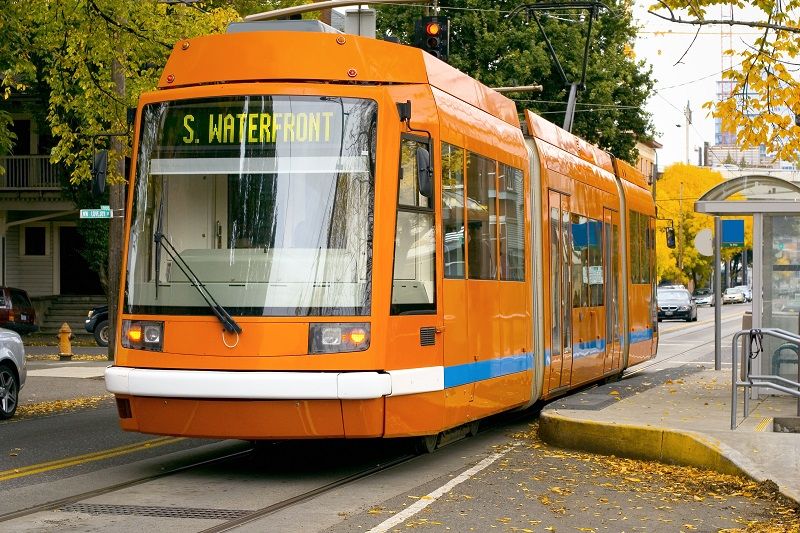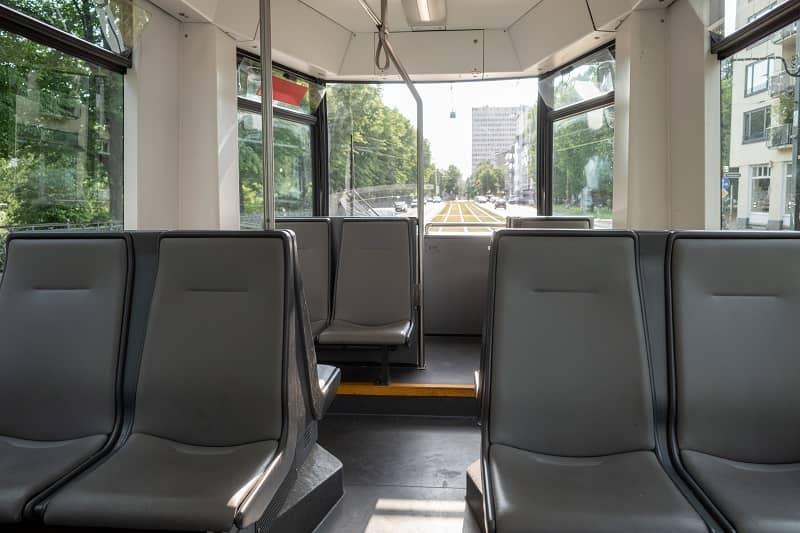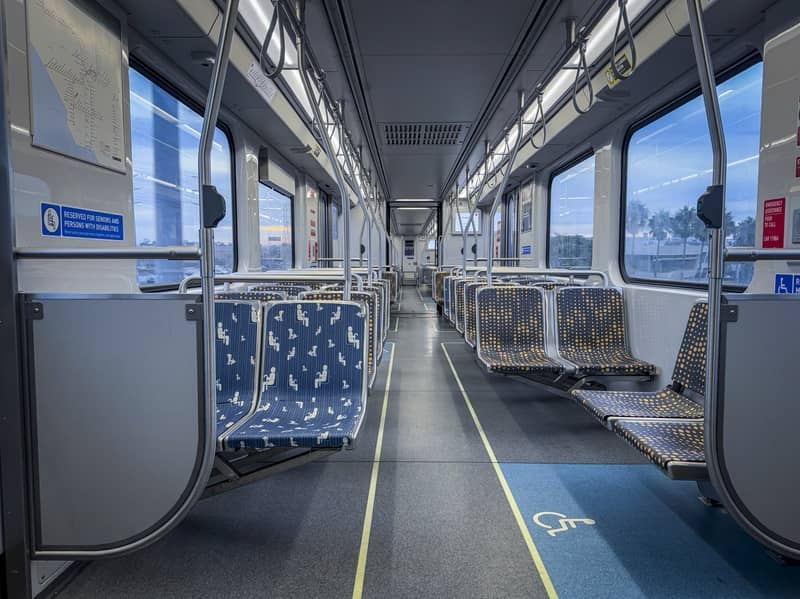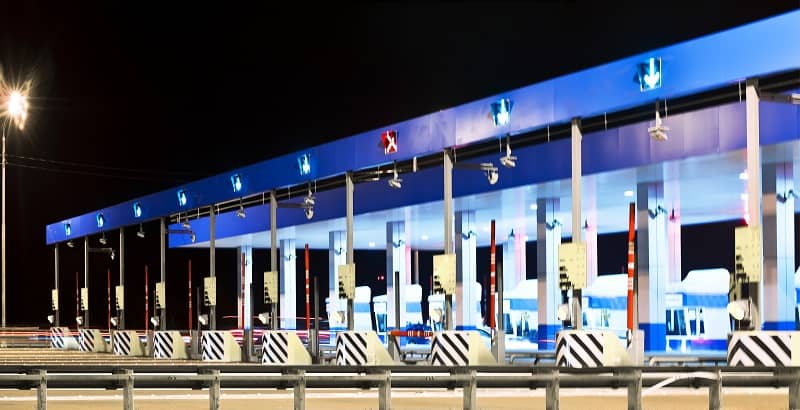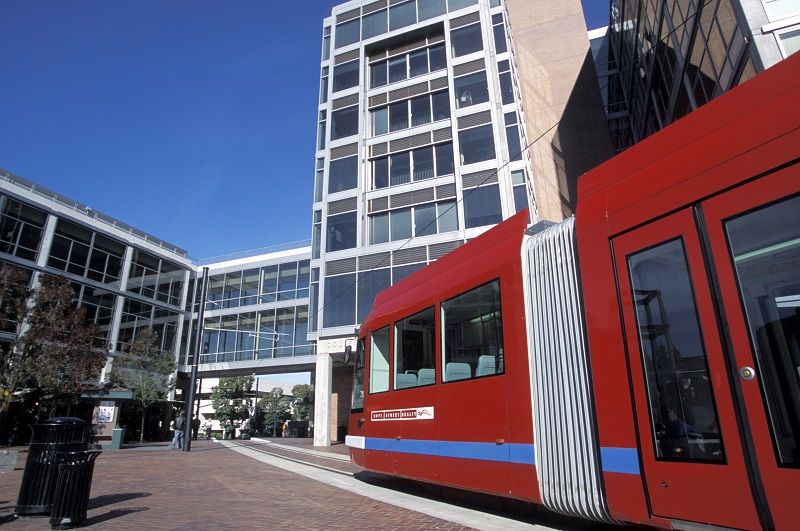In the past eight years, the all-funds budget for TriMet has gone up by 125%, but transit service has dropped by 14%. This trend will only get worse. In what future historians likely will refer to as a suicide note, TriMet recently predicted that within seven years, much of its bus service will have to be cancelled due to the high costs of operation.
Several bills have been introduced in the legislature to address this problem. Rep. Chris Gorsek (D-Troutdale) is sponsoring HB 3316 to expand the TriMet board and change the board composition. This bill is tentatively scheduled for a hearing on April 15.
Sen. Alan Olsen (R-Canby) has sponsored SB 826, which would allow local jurisdictions to leave TriMet at any time, for any reason.
Both bills actually could be combined. A more diverse board could bring better oversight, and allowing cities or counties to leave the district (as Wilsonville, Sandy, and Canby already have) would encourage innovation and reduce TriMet’s unsustainable operating costs.
After 44 years, it’s time to admit that TriMet has failed. Its cost structure is too high and cannot be reformed. The policy objective from now on should be to serve transit riders, not the TriMet bureaucracy. Transit advocates should speak forcefully to these points at the April 15th hearing in Salem.

